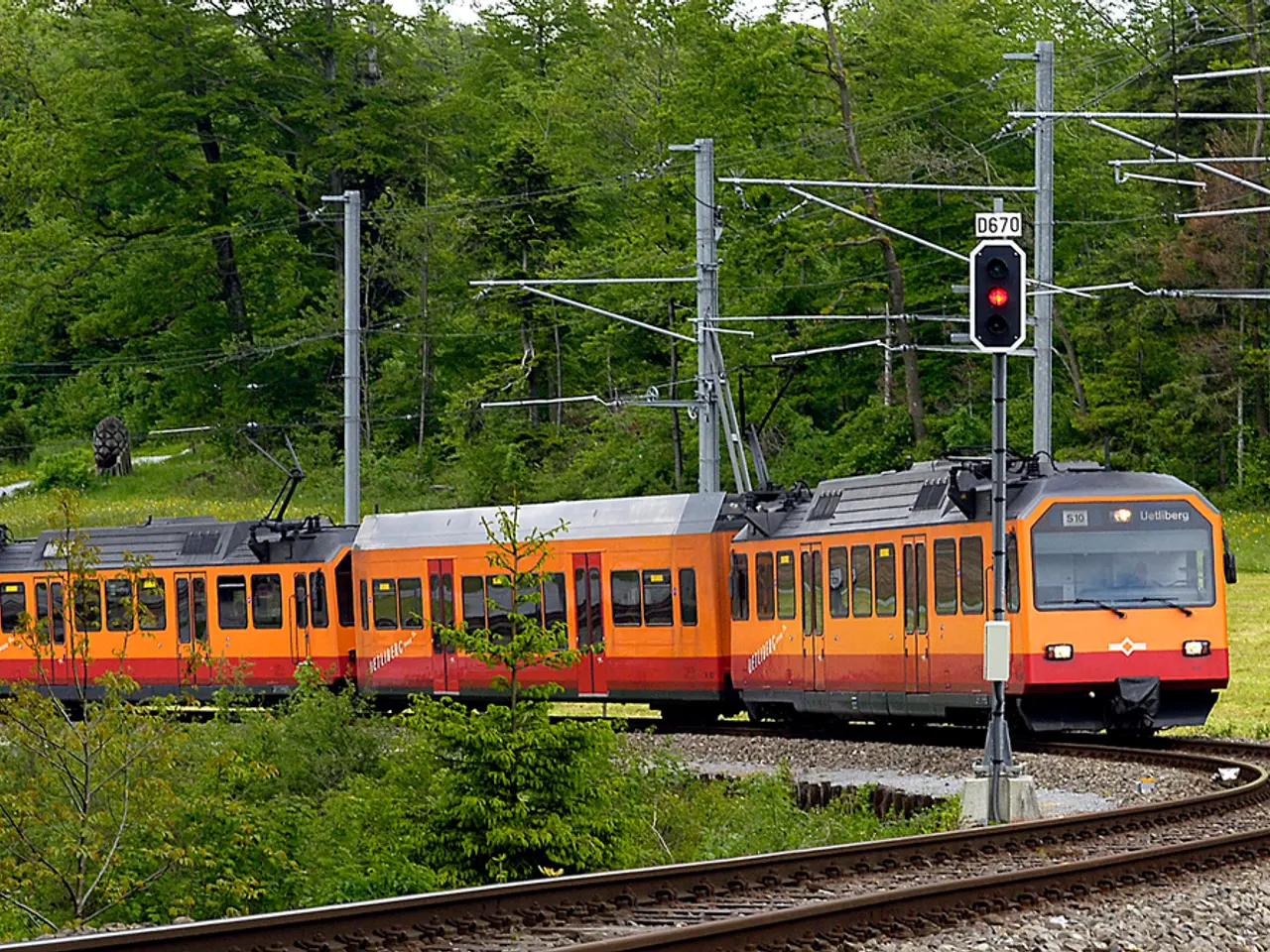Dispatchable power generation connections expedited through legislative approval by the House
The U.S. House of Representatives has passed the GRID Power Act, a bill sponsored by Rep. Troy Balderson, R-Ohio, aimed at prioritising dispatchable power in energy interconnection queues. The bill, backed by the Electric Power Supply Association, a trade group for power producers, is expected to help improve grid reliability and resilience. However, the Sierra Club, an environmental organisation, expresses concerns that the bill could hinder the building of cleaner, more reliable energy sources like wind and solar.
According to EPSA President and CEO Todd Snitcher, if the immediate reliability need isn't evident or can't be explained, and the Federal Energy Regulatory Commission (FERC) isn't convinced of both the urgency and efficiency of the proposal, queue prioritisation does not take place. The specific FERC officials responsible for implementing the GRID Act have not been publicly detailed by name.
The bill could give dispatchable power plants priority in interconnection queues. Dispatchable power is defined as an electric energy generation resource capable of providing known and forecastable electric supply in time intervals necessary to ensure grid reliability. FERC would have 60 days to review proposals from regional transmission organizations and independent system operators. FERC is required to start a rulemaking process to implement the legislation within 90 days after the bill becomes law, and is expected to complete the process within 180 days.
Beyond Fossil Fuels Policy Director Mahyar Sorour stated that House Republicans are blocking clean energy progress and propping up dirty, expensive energy sources of the past. Energy prices continue to skyrocket as Trump blocks clean energy investment, according to Sorour. The Sierra Club believes that the GRID Power Act, along with two other energy bills, would hamper efforts to build cleaner, more reliable energy sources.
However, Snitcher stated that the GRID Power Act does not represent a permanent barrier or level of discrimination against non-dispatchable projects. The proposals must show that the projects would improve grid reliability and resilience. Sens. John Hoeven, R-N.D., and Todd Young, R-Ind., have introduced a companion bill to the GRID Power Act in the Senate.
The interconnection queue is currently overwhelmed and delayed, causing power projects to wait for years. The GRID Power Act aims to address this issue and ensure that the U.S. has a reliable and resilient energy grid for the future. The bill now moves to the Senate for consideration.
Read also:
- Catastrophe at a U.S. Steel facility in Pennsylvania results in the loss of two lives. crucial details unveiled
- Auto Industry Updates: Geotab, C2A, Deloitte, NOVOSENSE, Soracom, and Panasonic in Focus
- Battle for Corporate Liability in Addressing Climate Damages
- North Carolina's food bank receives a solar energy upgrade as Republican legislators contemplate budget reductions




